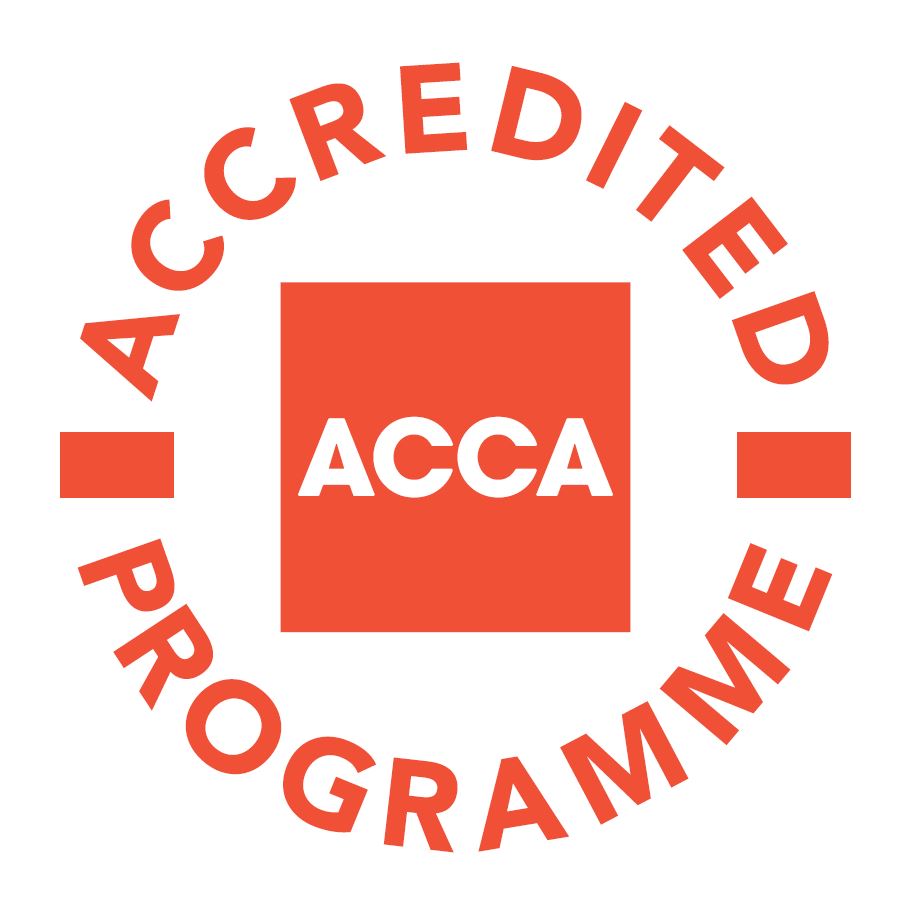International HRM in the context of uncertainty and crisis: A systematic review of literature (2000-2018)
Can Ererdi was born in Istanbul in 1989. After graduating from St.Benoit High School, he moved on to complete a B.A in Management at Sabanci University. After graduation, he moved to Barcelona to pursue his Ms.C in International Business at ESADE. He further graduated from the Ph.D in Management & Organization program at Bogazici University in September 2020. He now continues to work on his academic pursuits.
Abstract:
His study provides an overview of research on international HRM practices in the context of uncertainty and crisis. With a pool of 72 research articles drawn from 32 journals and published between the years 2000 and 2018, this paper aims to systematically review three distinct research streams within the uncertainty and crisis literature and their effects on international HRM. These three distinct research streams are 1) economic crisis, 2) natural disasters and 3) political uncertainty. In the context of constant economic crisis, we propose further research to explore and integrate high-performance HRM practices and talent management into socially responsible HRM practices. In a natural disaster context, we propose looking into emergency management frameworks within HRM. Finally, in a politically uncertain context, we propose that the development of expatriate assignments and their needs be further investigated. A key contribution of our research is its focus on context and responsiveness in an ever-changing business setting. The importance of boundary conditions and their effect on the implementation of HRM have been overlooked and understudied. A focus on these aspects will provide a nuanced and more realistic understanding of how international HRM unfolds. Relatedly, we consolidate existing research regarding international HRM practices in an uncertainty and crisis context, for our review found it to be scattered and fragmented among disciplines. By doing so, we review existing gaps in the literature and provide a detailed map for future research.

